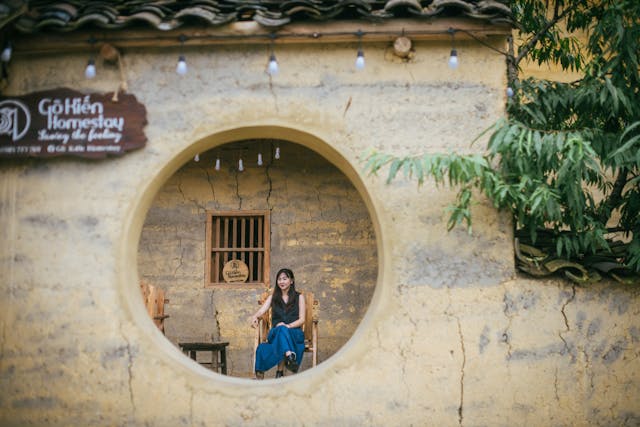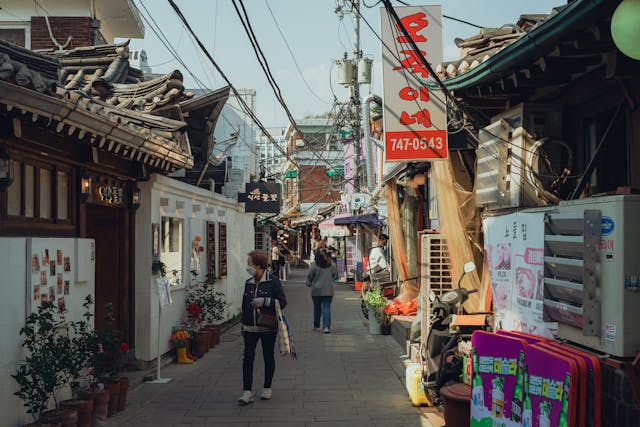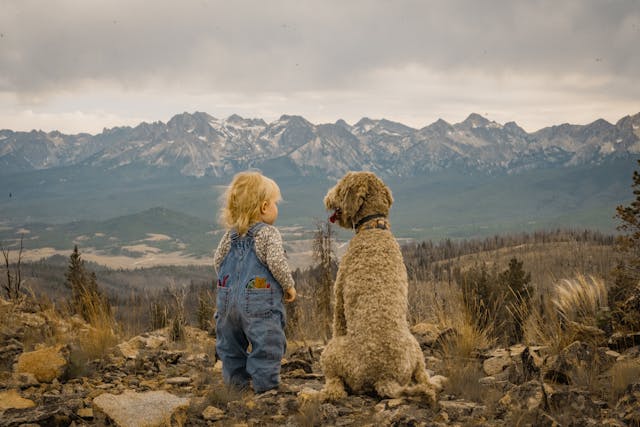Travel is a beautiful gift. It opens up our world, lets us taste new food, hear new languages, and see life from different eyes. But with this gift comes a quiet responsibility—one that many travellers overlook. It’s called cultural sensitivity. And whether you’re exploring a remote village or walking through a big city, understanding this concept can turn a regular trip into something deeper, richer, and far more meaningful.
So what exactly is cultural sensitivity? In simple words, it’s the awareness that the world is filled with people who live, think, and believe differently—and the respect we show for those differences. It means letting go of judgment, asking instead of assuming, and remembering that just because something is unfamiliar doesn’t make it wrong.
Here’s why every traveller should carry this awareness in their backpack.
1. You’re a Guest in Someone Else’s Home
When we visit a new place, we often focus on what we want to see and do. But pause for a moment and flip the lens. You are walking through someone’s town, village, temple, market, or mountain. Wouldn’t you want a guest in your home to be kind, curious, and respectful?
Cultural sensitivity reminds us that our way of life isn’t the only way. It teaches us to approach each place with humility, not entitlement.
2. It Deepens Your Travel Experience
Sure, ticking off bucket-list destinations feels exciting. But the magic of travel often lies in the quiet moments—sharing a cup of tea with a local, learning a traditional dance, understanding a story behind a ritual.
When you travel with sensitivity, people open up. They feel seen, not judged. And in return, they show you a side of their culture that guidebooks can’t describe. You get to experience the soul of a place, not just its surface.
3. It Helps Break Stereotypes
We all carry some ideas about other cultures—sometimes shaped by movies, news, or limited experiences. Travelling gives us the chance to question those ideas. But this only happens when we’re open and sensitive.
Instead of walking into a space thinking “this is strange,” ask yourself, “what can I learn here?” Cultural sensitivity helps break mental walls. It helps us replace stereotypes with real stories and faces.
4. It Prevents Unintentional Harm
Many travellers, without meaning to, end up hurting local communities. This could be by dressing inappropriately at a sacred site, taking photos where it’s not allowed, bargaining too harshly, or making fun of customs they don’t understand.
The truth is, locals often stay quiet to avoid confrontation, but that doesn’t mean they’re okay with it. By learning a few basic dos and don’ts before visiting a place, you show that you care. That small effort can make a big difference.
5. It Builds Meaningful Connections
The best travel memories often involve people. A kind host, a guide who became a friend, a street vendor who taught you a few local words. These moments happen when you treat people not as props in your vacation, but as equals—with dignity and respect.
Even a simple “thank you” in the local language or a gesture of gratitude can open hearts. Cultural sensitivity builds bridges, and those bridges can stay with you for life.
6. It Makes You a Better Global Citizen
In today’s world, understanding and compassion are more important than ever. When you practice cultural sensitivity while travelling, you’re not just being polite—you’re shaping a mindset. A mindset that says, “I see you, I respect you, I honour your space.”
This attitude stays with you even after the trip ends. It reflects in how you treat people from different backgrounds at home, at work, and in everyday life.
You don’t need to be perfect. You don’t need to know every custom or speak every language. But if you travel with an open heart and a willingness to learn, people will notice. The world doesn’t need more tourists. It needs more conscious travellers.
So next time you step into a new land, leave behind assumptions. Walk gently. Ask questions. Listen more. And remember—when you travel with cultural sensitivity, you don’t just see the world. You feel it. And that changes everything.





